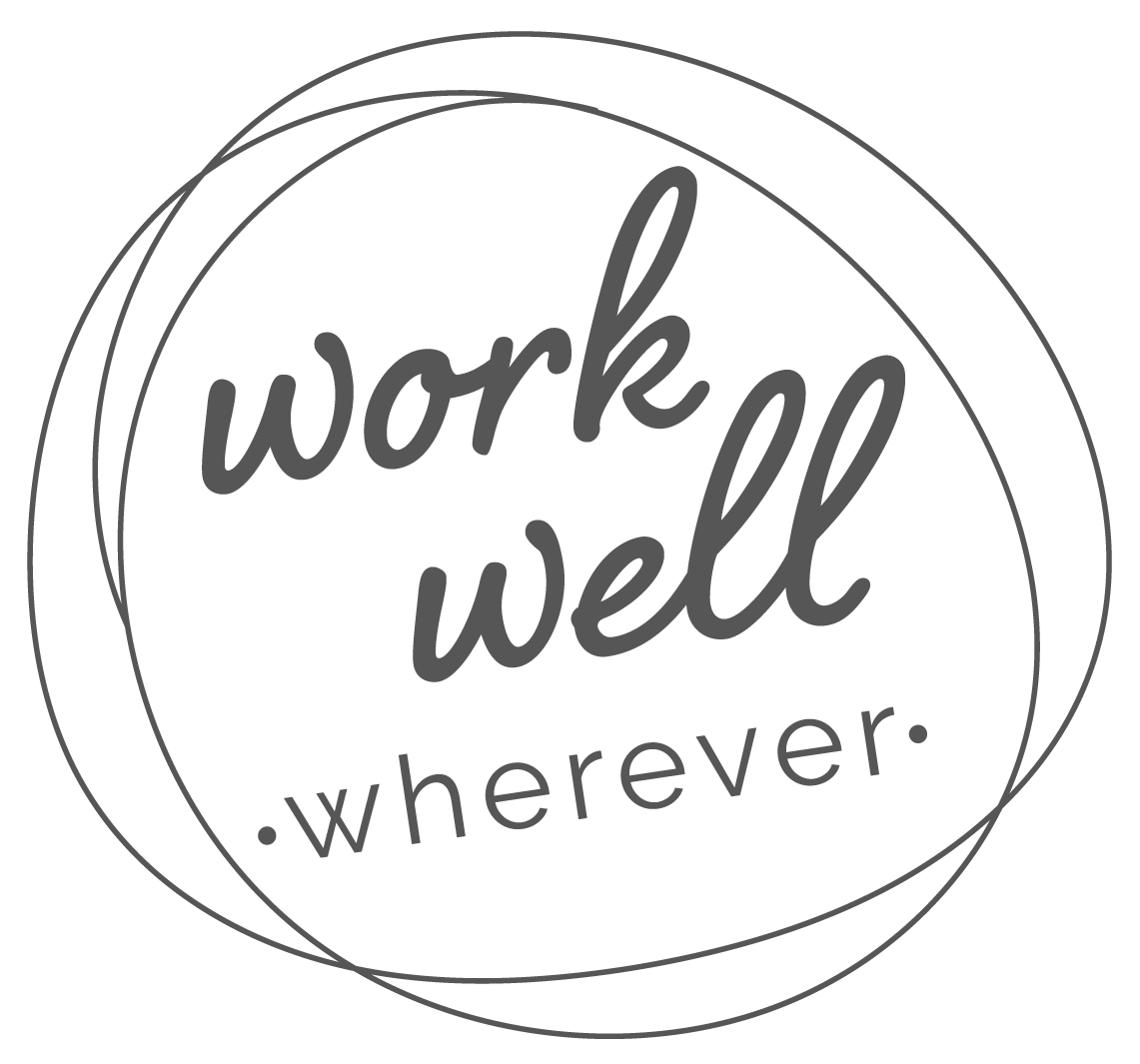You’re Missing this Key Component in Your Onboarding Process
Often times we think we’ve made a bad hire or that the person we’ve hired is not “right for the job” but before you go down that rabbit hole, ask yourself…did I set and communicate clear expectations during the onboarding process?
You should never make assumptions when going through an onboarding process with new hires. Don’t assume that they know what to expect, even if they have a lot of past experience. The more you can over-communicate information, the more you can fall back on if after 3months you’re not getting what you expect for your new hire.
A worldwide survey by Gallup showed that only around half the employees knew what was expected of them.
Only 32% of the respondents said that their manager helped them set performance goals
Less than 40% felt that their manager supported them in setting work priorities.
As a leader, it is your responsibility to make sure your team knows, both verbally and in writing, what is required of them so that they can move forward with intention.
HOW DO I KNOW WHAT I NEED TO SET EXPECTATIONS ON?
It is almost impossible to give mutually clear expectations to your new hires if you yourself haven’t defined what exactly your expectations are. Hence, they have to be mutual. Make sure to clearly articulate them verbally and on paper. Don’t know where to start? Work Well Wherever can walk you through this during a free discovery call today.
Think about what gaps exist on your team. What expectations do you have for your team? Figure out where you are currently falling short, and define exactly what needs to change.
Make sure you understand the WHY behind each expectation that you’re giving. If you provide others with the context and clarity they need ahead of time, this can help increase your employee’s personal accountability and trust in meeting those expectations. You want people to understand and be invested in the bigger picture for your business.
Setting expectations is said to increase the chances of employees meeting performance goals, conducting themselves in a professional manner, and bringing the required enthusiasm and energy to work.
SO, WHAT EXPECTATIONS SHOULD YOU SET FOR EMPLOYEES?
Communication
How do you share documents?
How does your new hire communicate urgent matters?
How do they communicate non-urgent matters?
Who do they ask for help on a project?
What is the expected response time?
Time
What’s your new hire’s schedule?
How do they communicate sick and PTO days?
Have you established realistic timelines?
Do you have recurring meetings?
Culture/Rituals
Are there times when your new hire is expected to go to the office? Trainings, quarterly meetings, etc?
Do you recognize birthdays and work anniversaries?
Do you have cultural norms?
Did you include the characteristics that make a successful team member?
Workplace
Will they be provided with work-from-home resources? (desk, laptop, etc)
What are virtual meeting expectations? (camera on, off, etc)
Do you have guidelines for technology use?
So let’s review some tips for setting clear expectations:
Write down your employee expectations (communication, performance, etc.)
Schedule a meeting to review the expectations together
Provide the WHY to help them understand the bigger picture
Ask for their feedback and work together to create goals
Help them prioritize tasks and projects and include a timeline
Support them with resources and coaching
It’s important to never assume that expectations have been set. Instead, managers can be intentional about setting those expectations ahead of time and finding ways to weave that into your onboarding or training process with any new members of your team. This communication component is key and will help you get the most out of your new hires, and if for any reason they don’t meet those expectations, there will be no more second-guessing yourself on whether or not they knew what was expected of them or not.

